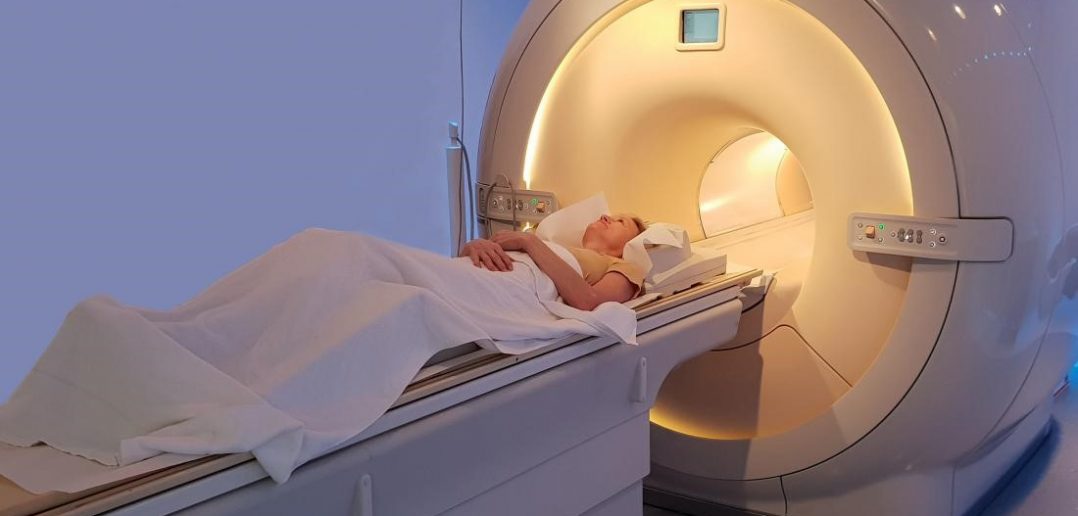
MRI (Magnetic Resonance Imaging) compatible products are indeed changing the landscape of healthcare in several ways. These products are specifically designed to be safe for use in MRI environments, where the strong magnetic fields and radiofrequency pulses can interact with various materials and devices, potentially causing safety risks or interfering with image quality. By developing MRI compatible products, healthcare providers can enhance patient care and improve diagnostic accuracy. MRI compatible products have been developed to address these challenges and enable safe and effective MRI examinations for patients with implanted devices or those requiring specialized equipment.
Here are some ways in which these products are making an impact:
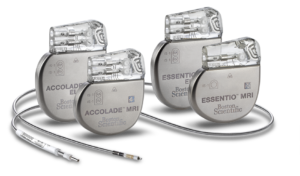
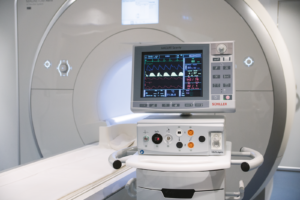
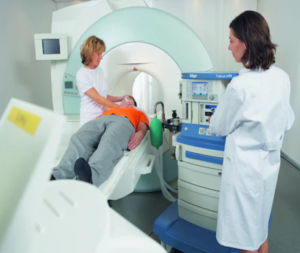
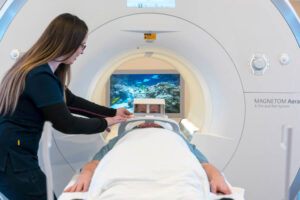
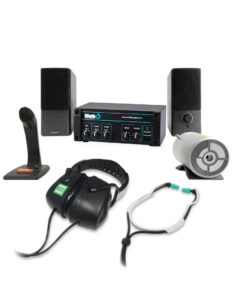
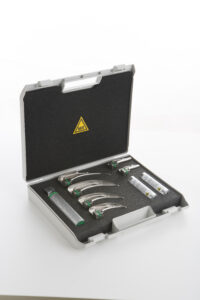
In summary, MRI compatible products are transforming healthcare by enabling safer medical procedures, improving diagnostic capabilities, fostering research and development, enhancing the patient experience, increasing accessibility to healthcare, and driving technological advancements. These products play a vital role in maximizing the potential of MRI imaging and contributing to better patient outcomes.
These products are engineered to avoid interference with MRI machines, ensuring patients can receive necessary monitoring and care without risk during imaging.
True MRI compatibility means the product is non-magnetic, non-conductive, and rigorously tested to function safely within the MRI environment.
Absolutely—patients needing continuous monitoring or life support can safely undergo MRI scans with compatible devices, ensuring uninterrupted care.
Staff can provide real-time care and monitoring during scans, reducing stress, improving workflow, and enhancing overall patient outcomes.
Yes, fewer scan cancellations, less need for patient transfers, and improved efficiency can lead to long-term cost savings for healthcare facilities.
They enable the integration of imaging with critical interventions, allowing for more precise diagnostics and treatment planning.
Yes, specialized MRI-compatible devices are available for children, ensuring safe and effective care for younger patients.
Ongoing innovation is expanding the range of compatible products, making MRI environments more adaptable and improving the overall patient experience.
©2024 Kryptonite SolutionsTM. All Rights Reserved.
Powered by: Purple Tuché